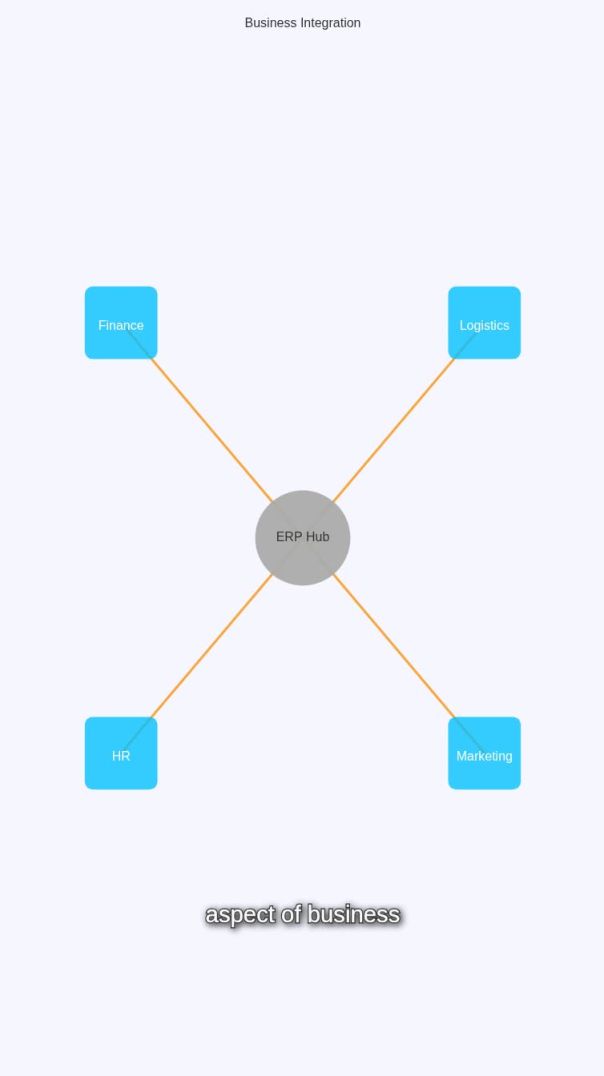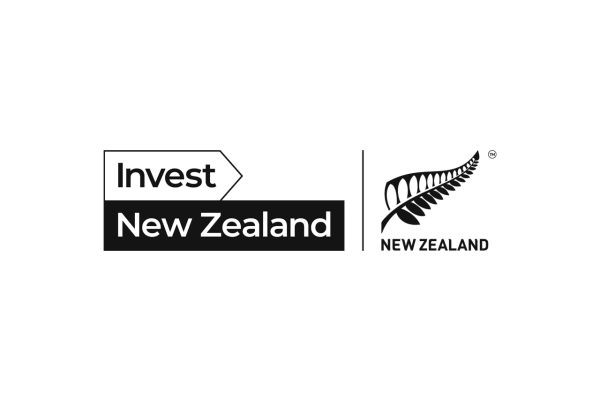In an era where data is the new oil, the question of whether Australia's privacy protection is robust enough to withstand the pressures and intrusions of Big Tech is more pertinent than ever. As technology continues to evolve, the stakes grow higher, especially for industries reliant on sensitive data, such as property investment. This article delves into the current state of privacy protection in Australia, exploring whether it can effectively shield individuals and businesses from the pervasive reach of tech giants.
Understanding Australia's Privacy Framework
Australia's privacy protection is primarily governed by the Privacy Act 1988, which regulates the handling of personal information by government agencies and certain private sector organizations. The Australian Competition and Consumer Commission (ACCC) and the Office of the Australian Information Commissioner (OAIC) are key players in enforcing these regulations. Despite these measures, the effectiveness of these protections is frequently questioned in light of the growing influence of Big Tech companies like Google, Facebook, and Amazon, which have access to vast amounts of user data.
According to a report by the Australian Bureau of Statistics (ABS), digital technology is integral to 73% of businesses, highlighting the critical need for strong data protection frameworks. The reliance on digital platforms, especially in property investments where personal financial data is often exchanged, underscores the importance of secure privacy measures.
Privacy Protection Challenges
One of the most significant challenges facing Australia's privacy protection framework is the rapid pace of technological advancement. The existing laws, while comprehensive, sometimes struggle to keep up with the innovative data collection and processing methods employed by Big Tech. This gap creates a vulnerability in protecting sensitive data.
For instance, the ACCC's Digital Platforms Inquiry highlighted concerns over the lack of transparency in how user data is collected and used by digital platforms. The report emphasized the need for enhanced consumer rights and more rigorous consent requirements to safeguard personal information against exploitation.
Case Study: The Cambridge Analytica Scandal
The Cambridge Analytica scandal serves as a stark reminder of the potential consequences of inadequate privacy protections. Although this scandal primarily affected users in the United States, its ramifications were felt globally, including in Australia. The incident involved the unauthorized harvesting of personal data from millions of Facebook profiles to influence political campaigns.
This case underscored the vulnerabilities in data privacy frameworks and the urgent need for reforms. It prompted the OAIC to take a stricter stance on enforcing privacy regulations and highlighted the need for Australian businesses to adopt more robust data protection measures.
Comparing Global and Australian Privacy Trends
Globally, countries like the European Union have implemented stringent data protection regulations, such as the General Data Protection Regulation (GDPR), which sets a high standard for data privacy. In comparison, Australia's privacy laws, while effective, are often seen as less comprehensive. This disparity raises concerns about Australia's ability to protect its citizens' data effectively.
However, efforts are being made to bridge this gap. The Australian government is considering updates to the Privacy Act, which may include stricter penalties for breaches and enhanced consumer rights to align more closely with international standards.
Pros and Cons of Current Privacy Protections
Pros:
- Regulatory Oversight: The presence of bodies like the ACCC and OAIC ensures oversight and enforcement of privacy laws.
- Consumer Awareness: Increasing awareness about data privacy among consumers has led to more informed decisions regarding the sharing of personal information.
- Potential for Reform: The ongoing discussions about updating privacy laws indicate a commitment to improving data protection frameworks.
Cons:
- Lagging Legislation: Existing laws struggle to keep pace with technological advancements, leading to potential vulnerabilities.
- Limited Scope: Not all businesses are covered under the Privacy Act, leaving gaps in protection.
- Enforcement Challenges: Despite regulations, enforcement can be inconsistent, reducing the effectiveness of privacy protections.
Future Trends and Predictions
Looking ahead, the landscape of privacy protection in Australia is likely to undergo significant changes. The ongoing review of the Privacy Act is expected to result in stricter regulations and enhanced consumer rights. Additionally, technological innovations, such as blockchain and AI, may offer new solutions for data privacy, enabling more secure and transparent data handling processes.
By 2026, it's predicted that Australia will have implemented more stringent data privacy laws, potentially influenced by international standards like the GDPR. This shift will likely enhance consumer trust and foster a more secure digital environment for businesses and individuals alike.
Conclusion
In conclusion, while Australia has a solid foundation in privacy protection, there is room for improvement, especially in keeping pace with rapid technological advancements. As the demand for stronger data protection grows, it's crucial for businesses, especially in the property investment sector, to stay informed and proactive in their privacy practices. Engaging in discussions and contributing to policy development can help shape a more secure and transparent digital future.
Call to Action
What steps is your business taking to safeguard data privacy? Share your insights and strategies in the comments below. Stay informed and proactive by subscribing to updates from the OAIC and ACCC. Together, we can enhance privacy protection in Australia.
People Also Ask (FAQ)
- How does privacy protection impact businesses in Australia? Businesses adhering to strong privacy practices build consumer trust, enhancing customer retention and potentially increasing revenue.
- What are the biggest misconceptions about privacy protection? A common myth is that privacy laws only apply to large corporations, but they affect businesses of all sizes.
- What are the best strategies for implementing privacy protection? Experts recommend conducting regular privacy audits, ensuring compliance with regulations, and educating employees on data protection best practices.
Related Search Queries
- Australia privacy laws 2023
- Big Tech data protection challenges
- ACCC privacy regulations
- GDPR vs. Australia privacy laws
- Future of privacy protection in Australia





























